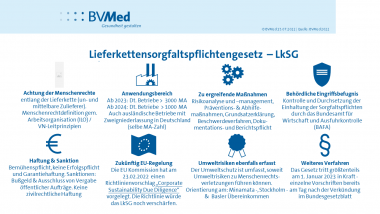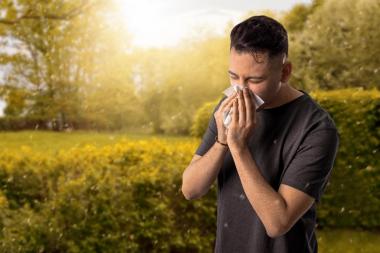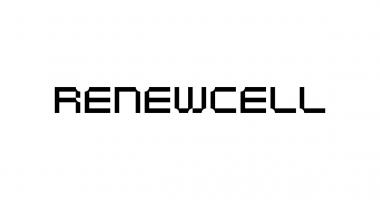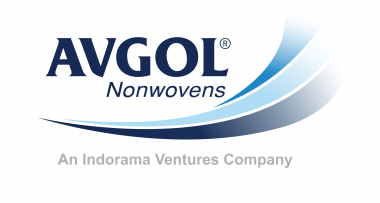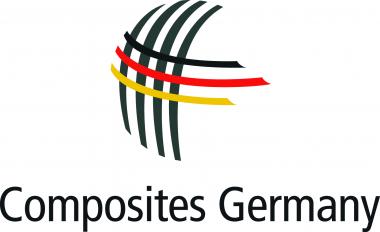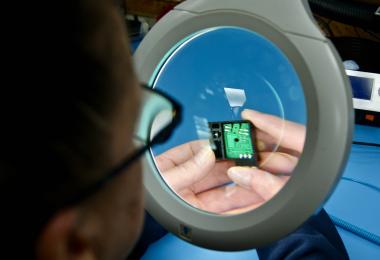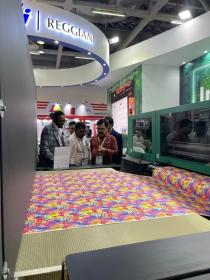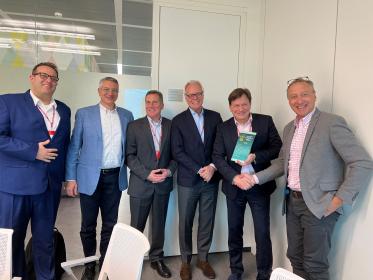Lieferketten-Sorgfaltspflichtengesetz: BVMed gibt MedTech-Unternehmen Orientierungshilfe
Am 1. Januar 2023 ist das Lieferketten-Sorgfaltspflichtengesetz (LkSG) in Kraft getreten. Die Unternehmen werden damit verpflichtet, Menschenrechte und Umweltbelange entlang ihrer globalen Lieferkette zu wahren. Der Bundesverband Medizintechnologie (BVMed) unterstützt die Medizintechnik-Branche bei der praktischen Umsetzung der neuen LkSG-Pflichten mit einer kostenlosen Handreichung. Die Orientierungshilfe besteht aus insgesamt sechs Modulen, von denen nun auch Modul 3 „Ausgestaltung des Beschwerdemechanismus“ und Modul 5 „Jährliche Berichterstattung“ online gegangen sind. Zuvor waren bereits Module zum Anwendungsbereich, zur Compliance-Dokumentation und zur Ausgestaltung der Governance vom BVMed veröffentlicht worden. Die Module können unter www.bvmed.de/lksg heruntergeladen werden.
Das Gesetz gilt für alle Unternehmen, die in Deutschland mehr als 3.000 Mitarbeitende beschäftigen. Ab dem 1. Januar 2024 gilt es ab 1.000 Beschäftigte. Auch kleine und mittelständische Medizinprodukte-Hersteller und -Zulieferer können mittelbar betroffen sein. Dabei gilt das LkSG für sämtliche Wirtschaftsbereiche, also auch für das Gesundheitswesen einschließlich des Medizintechnik-Sektors.
„Unser Ziel ist es, mit den Publikationen zu einem einheitlichen Branchenstandard für die Implementierung des LkSG in Medizinprodukte-Unternehmen beizutragen. Damit erreichen wir Harmonisierung, Rechtssicherheit und Effizienz. Moderne Medizintechnologien dienen den Menschen und ihrer Gesundheitsversorgung. Hierbei müssen die Lebensgrundlagen der Menschen im Blick behalten werden. Menschenrechte müssen umfassend geachtet und sichergestellt werden. Dies muss ein zentrales Anliegen in einer globalisierten Welt mit komplexen Liefer- und Warenströmen sein“, kommentiert BVMed-Geschäftsführer und Vorstandsmitglied Dr. Marc-Pierre Möll. Die Module wurden vom BVMed gemeinsam mit der Kanzlei Clifford Chance und der Produktkanzlei entwickelt.
Beschwerdemechanismus und jährliche Berichtserstattung
Die neu veröffentlichten Module 3 und 5 beleuchten die Ausgestaltung des Beschwerdemechanismus und die jährliche Berichtserstattung.
- Nach § 8 LkSG sind die Unternehmen verpflichtet, ein angemessenes und unternehmensinternes Beschwerdeverfahren einzurichten, welches es Personen ermöglicht, auf menschenrechtliche und umweltbezogene Risiken sowie auf Verletzungen menschenrechts- und umweltbezogener Pflichten hinzuweisen. Das dritte Modul enthält Vorschläge für die Ausgestaltung des Beschwerdemechanismus.
- Das fünfte Modul gibt eine Übersicht über die Mindestangaben, welche die Unternehmen im Rahmen ihrer jährlichen öffentlichen Berichterstattung nach § 10 Abs. 2 LkSG sowohl gegenüber der zuständigen Behörde, d. h. dem Bundesamt für Wirtschaft und Ausfuhrkontrolle („BAFA“), als auch gegenüber der Öffentlichkeit offenlegen müssen.
- Modul 4 zur Risikoanalyse, -priorisierung, -prävention und -abhilfe folgt bis Ende Januar 2023.
„Das LkSG begründet umfangreiche Sorgfaltspflichten zum Schutz von menschenrechtlichen und umweltbezogenen Belangen entlang der gesamtem Lieferkette“, erläutern BVMed-Nachhaltigkeitsexpertin Clara Allonge sowie BVMed-Rechtsexpertin Dr. Katja Marx. Die Pflichten umfassen unter anderem die Risikoermittlung, -vermeidung und -beseitigung, die Einrichtung einer Überwachungsfunktion – in der Regel durch eine:n Menschenrechtsbeauftragte:n – und eines Beschwerdemechanismus, das Erstellen oder Ergänzen von Compliance-Dokumenten sowie die regelmäßige Berichterstattung. Die BVMed-Handreichung enthält zur Unterstützung der MedTech-Unternehmen praktische Umsetzungshilfen in Form von Beispielen, Musterformulierungen und Checklisten.
In Workshops des BVMed und der BVMed-Akademie werden die Pflichten vertieft erläutert und die Möglichkeit für Rückfragen gegeben.
Die kostenlose BVMed-Handreichung für Medizintechnik-Unternehmen besteht insgesamt aus den folgenden sechs Modulen:
- Modul 0: Anwendungsbereich
- Modul 1: (Compliance-)Dokumentation
- Modul 2: Ausgestaltung der Governance
- Modul 3: Ausgestaltung des Beschwerdemechanismus
- Modul 4: Risikoanalyse, -priorisierung, -prävention und -abhilfe
- Modul 5: Jährliche Berichterstattung
Lieferketten-Sorgfaltspflichtengesetz BVMed BVMed-Akademie Sorgfaltspflichten Lieferkettengesetz
BVMed | Bundesverband Medizintechnologie e.V.


